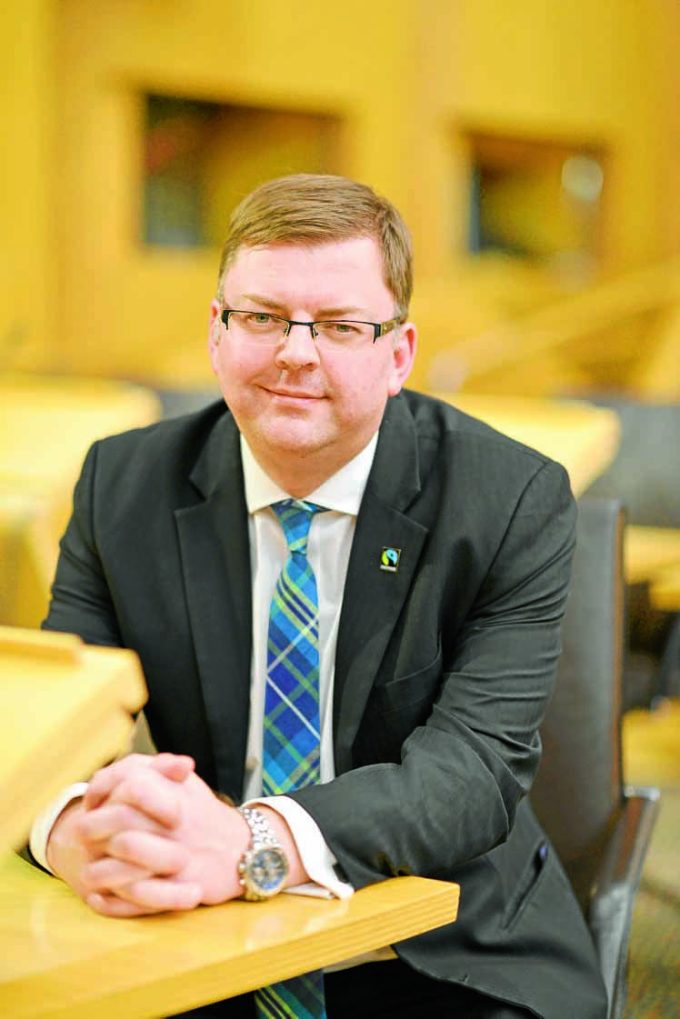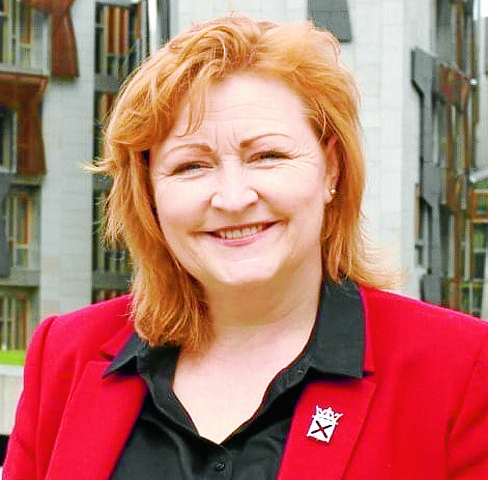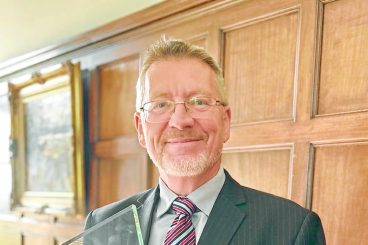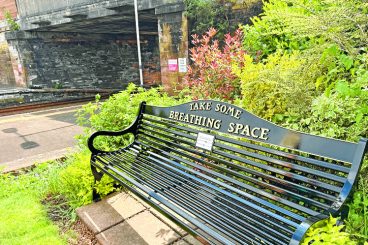DUMFRIES and Galloway MSPs this week had their say on proposals to legalise assisted dying in Scotland.
Politicians in the region were split on the vote. Each had received loads of correspondence in the lead up from those both for and against the proposals.
They had also heard personal stories from those whose loved ones have experienced assisted dying and those living with terminal illness.
The bill passed by 70 votes to 56 and it will now head to stage two for further consideration and amendments.
MSPs voted at Holyrood according to their own conscience, not along party lines.
West Galloway and Dumfries Conservative MSP Finlay Carson and Dumfriesshire Conservative MSP Oliver Mundell both voted against the bill.
Fellow South Scotland MSPs SNP’s Emma Harper and Labour’s Colin Smyth both voted for the bill at the initial stage.

Explaining his vote, Mr Carson said: “I still have real concerns, particularly in rural areas, about the lack of equitable access to palliative care and how that might influence people’s decisions, and also around mental health issues and those with disabilities.
“I really want to see more done to ensure equal access to the right kind of palliative care, end of life care, and ensure we focus on improvements to that.”

Mr Mundell added: “I still have serious doubts about the proposed legislation and (therefore) voted against the bill.
“I’m concerned that such a law may be the start of a slippery slope where, over time, some sick and vulnerable patients may feel under pressure to make that choice ‘not to be a burden’.
“I believe initial safeguards are at risk of being relaxed over time and the resources needed to administer the proposed law would be better invested towards expanded palliative care.”
Mr Smyth voted in favour of taking the assisted dying bill forward to the next stage.
However, he said he would not support it becoming law if it were to stay in its current form.
On his concerns, Mr Smyth said: “Sixteen is too young. So I welcome Liam McArthur’s commitment to bring forward an amendment to raise the age to 18, and support calls by Children’s Hospices Across Scotland for protections to be extended up to 25.
“I also have concerns about the definition of ‘terminal illness’. I differ from the committee and Liam McArthur and support a six-month timeframe, extended to 12 months for neurodegenerative conditions. Without that, we risk including people who are not near the end of life.
“However, I know the deepest concerns are about people feeling like a burden or being coerced.
“I hear those concerns. If the bill before us today were its final version, and today was the final vote, I would not vote to support it.”
Mr Smyth added: “No matter how brilliant our health and care professionals are – and they are. No matter how good palliative is – and in most cases it is. There are conditions where we cannot guarantee that everyone will have a pain-free, dignified death.
“This bill will not mean more people will die. But if we can get it right it will mean, fewer people will suffer.”

Even though she voted to proceed with the bill’s parliamentary process, Ms Harper said she was still to decide on whether she would support the bill becoming law.
She said: “I do believe that given the huge public interest in the bill and the complex issues it raises, giving it fullest opportunity for debate and discussion in Parliament and in the wider country is the healthiest and most transparent way to continue, although I fully understand why those who took a different view at stage one did so.”

Ms Harper is a member of the health, social care and sport committee that will now consider amendments to the bill going forward.
She added: “I’ll continue to keep an open mind on the evidence and issues before me, both on each amendment and on the bill as a whole.
“I also want to highlight that MSPs are not voting on assisted dying as an abstract concept – we are voting on a piece of legislation that will have substantial effects on people and our society whatever the outcome is, and I believe that legislation needs the fullest and widest examination and oversight we can provide as Scotland’s elected Parliament.”























